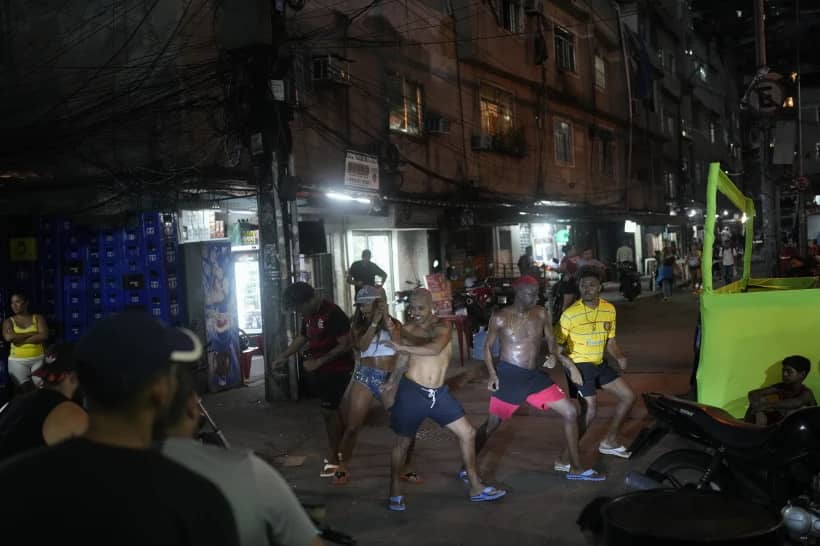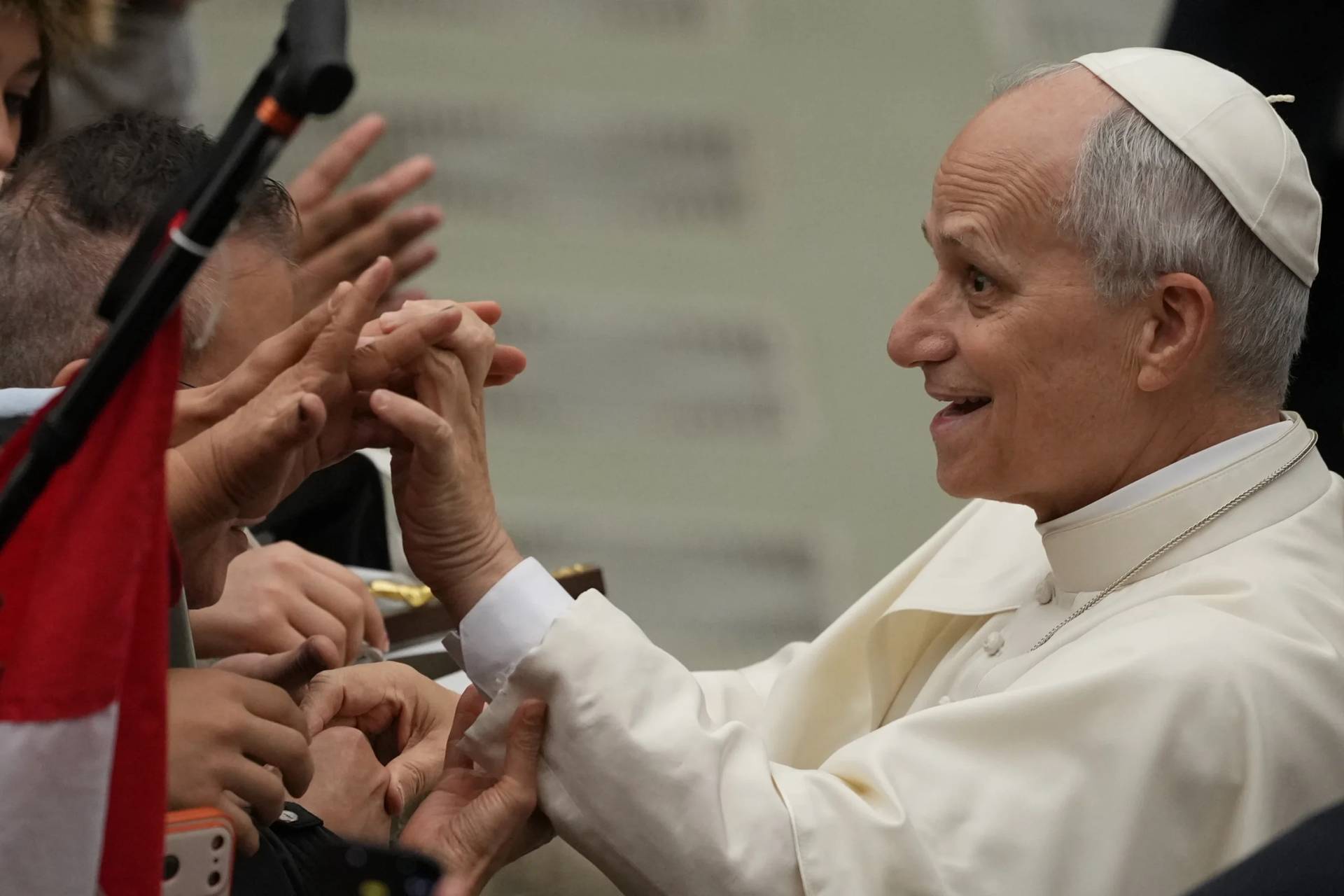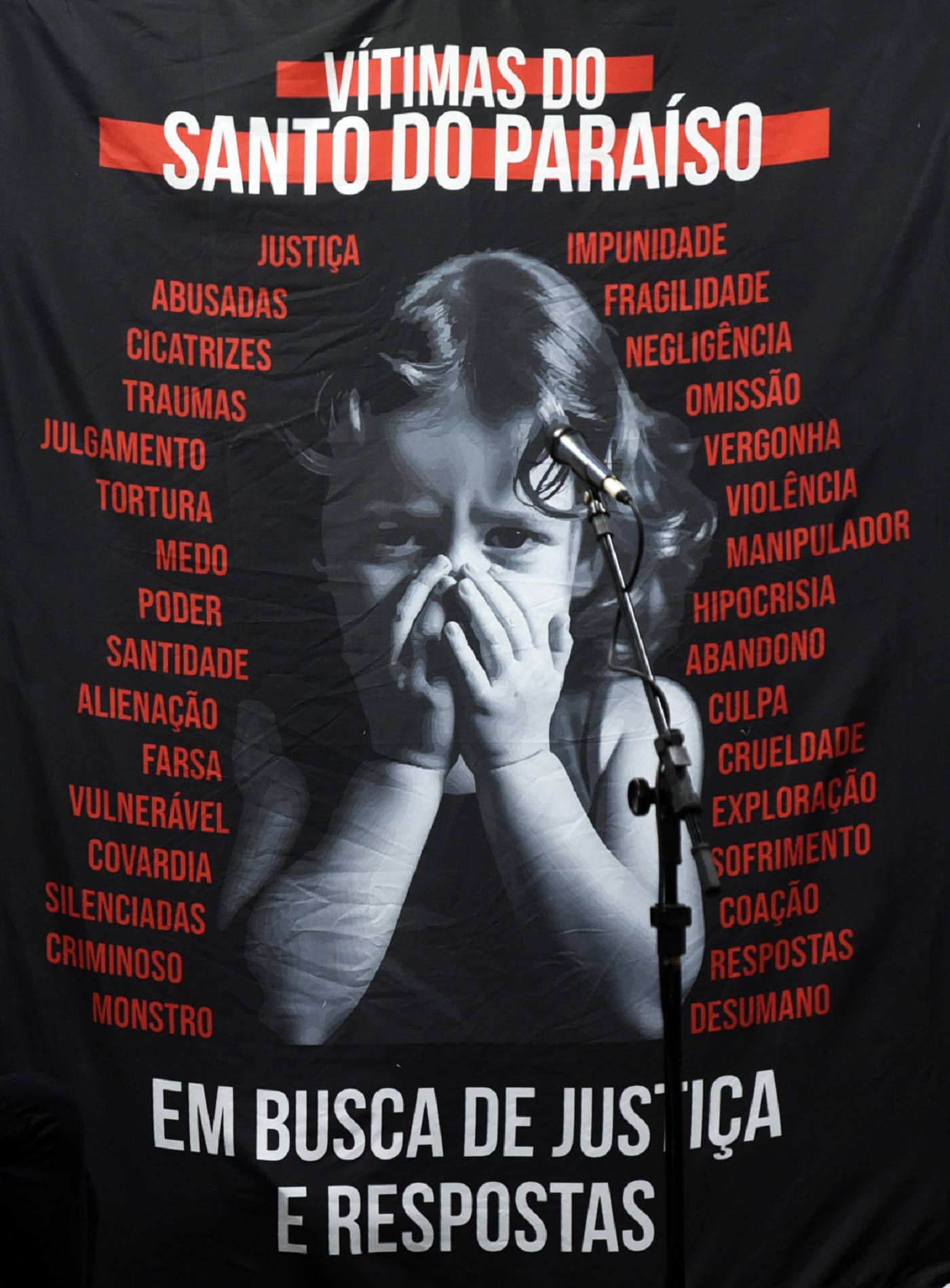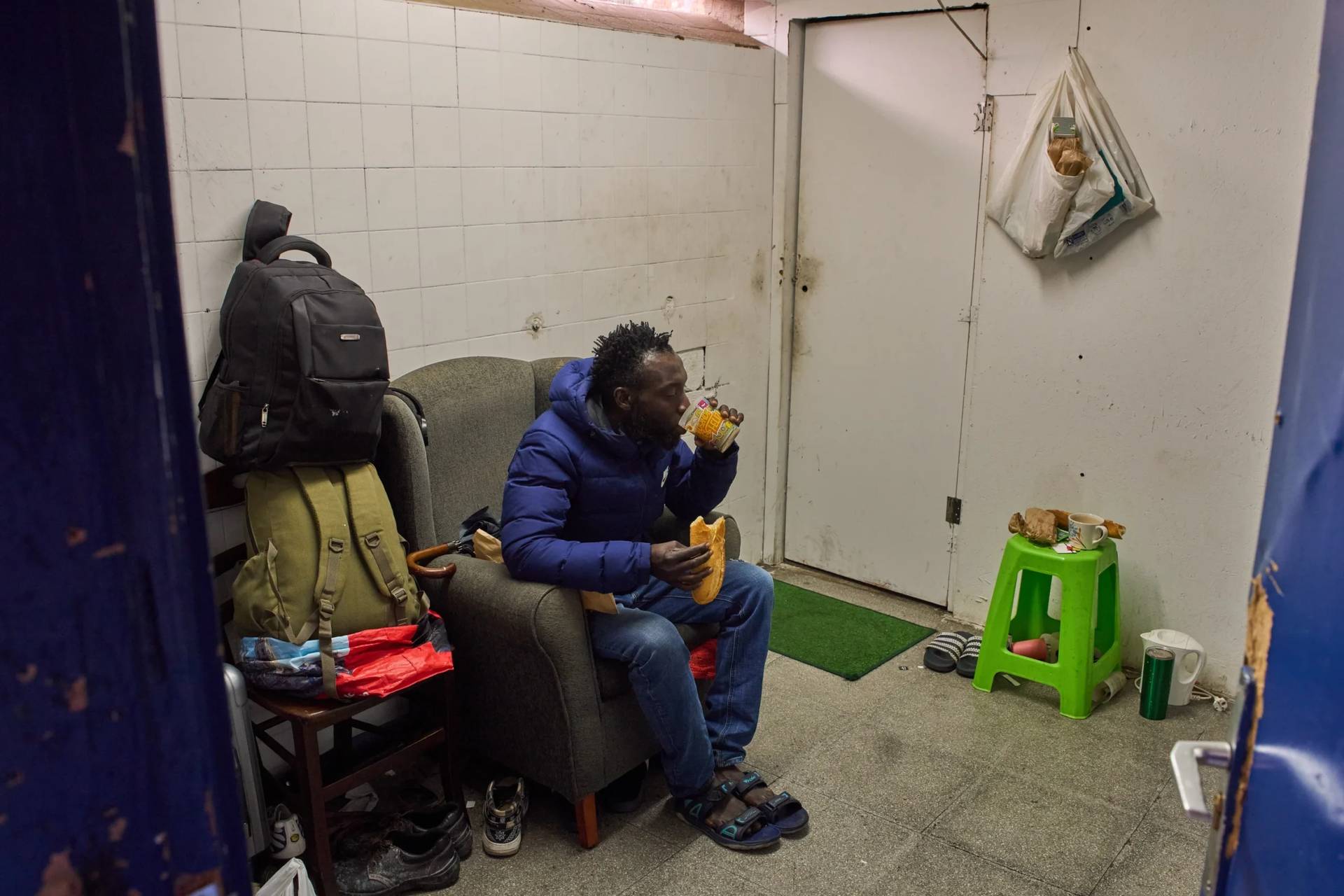ROME – A Chilean bishop is urging civil disobedience after several regions of the country went into lockdown again to stop the spread of the COVID-19 coronavirus, imposing heavy restrictions on the celebration of religious ceremonies.
“It’s true that the law prevents us from celebrating our Eucharist in peace, but we believe that when a law is unjust and when it goes against conscience, one can disobey it, and I say this as a bishop and as the person in charge of the Catholic Church of Magallanes,” said Bishop Bernardo Bastres, who leads the southernmost, largest, and second least populated region of Chile.
Chile’s health minister, Enrique Paris, answered the bishop’s demands during a press conference held Monday, the same day Bastres issued his appeal: “It’s not good for a bishop to call for non-compliance with health standards… so I think he must review what we have ruled.”
Chile has already vaccinated 4.7 million people out of 19 million citizens. By June 30, it’s expected 15 million people will receive a vaccination. Since the beginning of the coronavirus pandemic, the country has had almost 900,000 cases, with over 21,700 deaths.
Last week the government decided to lockdown Santiago, the country’s capital, and the surrounding metropolitan area during the weekends, to try to reduce the contagion curve. But then the government decided to add 20 other cities to the mandatory lockdown list.
During his homily on Sunday, Bastres criticized the measure, urging the faithful to break the law. The following day he released a statement arguing that his words needed to be put within the context of the Magallanes region, located 1,865 miles from Santiago.
“We have had a very complicated year, with very prolonged lockdowns and, currently, we’re in a better situation regarding the contagion rate and the availability of ICU beds,” he said in a statement released Monday.
Throughout the pandemic, he wrote, the Catholic Church has been respectful of the directives and norms from the health authorities, and he calls for responsibility in this “new situation.” However, he argues that in his region the consequences of “centralism” are well known, adding that the local health situation is different from that in the capital, yet the decisions come from Santiago, not the regional government.
“The feeling of many Magellan Catholics is that the cost of the restrictive measures only fall on some activities and not on others,” he wrote. “At the same time, these measures have not respected the path of each region, thus giving it a kind of arbitrary discrimination, an expression of the centralism that our country is experiencing.”
Bastres also writes that in addition to the situation experienced in the Magallanes region, “which is the context of my words in which I indicated that we will not follow a norm that we consider unfair,” it’s also necessary to consider that the new restrictions imposed by the national government does not contribute to the spiritual needs of the faithful.
Furthermore, he said, “we feel it as an attack on religious freedom, which is enshrined in our Political Constitution.”
The government later backed down on its decision to ban public worship, and announced that Masses with a restricted number of faithful would be allowed during the restrictive period.
The bishop of Magallanes is far from being the only Chilean bishop who saw the government’s original decision to suspend religious services as an attack on religious freedom.
Through a statement entitled “Faced with a discriminatory measure that violates religious freedom,” the bishops’ conference on Sunday had called on civil authorities to engage in a dialogue on the issue.
“Freedom of worship and practice of religious faith is an essential social factor of a modern democracy and for the achievement of the common good,” they wrote. “For the vast majority of people, spiritual help, according to the forms of each religious belief or confession is a space that essentially contributes to coping with difficulties and overwhelming moments, such as the ones we live in.”
They argued that, seeing the importance of attending Mass for the welfare of the faithful, the decision to suspend public worship announced by the government on Sunday “is incomprehensible and lacking in rationality.”
The bishops closed their statement by calling for the establishment of a dialogue space with representatives of the different religions, “which allows us to reach norms and provisions that do not contradict religious freedom,” particularly taking into consideration that Holy Week is approaching.
Later on Sunday the national government decided to allow for the faithful to attend religious services with a cap of ten people in closed spaces and 20 in open-air services, a decision accepted by the bishops conference – with Bastres being the only known voice challenging it, asking for even more freedom.
Archbishop Fernando Ramos, Secretary General of the Chilean bishops’ conference, released a statement following the government’s about-face, saying that it’s a “step in the right direction,” because to ban religious activities is an attack on religious freedom.
Follow Inés San Martín on Twitter: @inesanma













